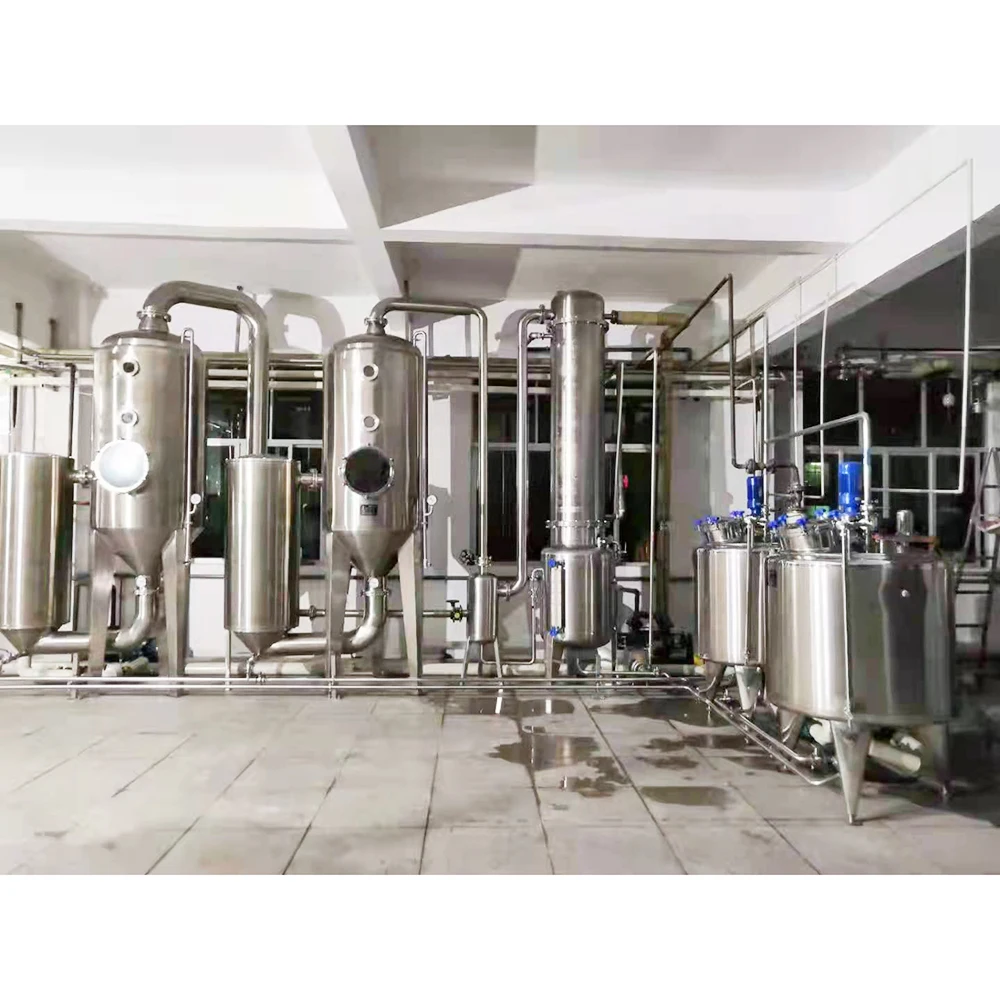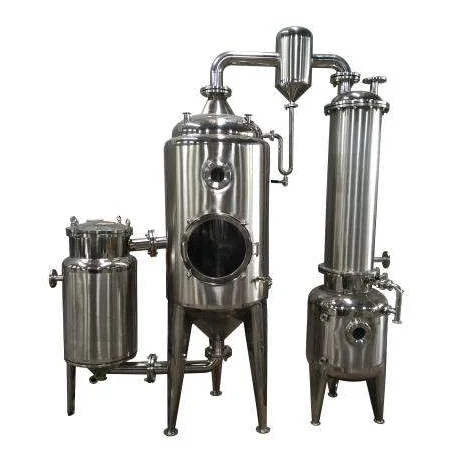ABOUT
Wenzhou Vince Machinery Science Co., Ltd. was established in early 1980s. Our company covers an area of 6500 square meters and is an independent legal representative firm, possessing rich economic technology strength. Our company is a high tech enterprise and plays an important role in national dairy, foodstuff, pharmacy and machinery industries. We are a beverage machinery supplier.
Since the establishment, our company has mainly engaged in dairy products, foodstuff, beverage machinery, bean products, yellow wine, medicines and fermentation projects. What's more, our company supplies a complete sequence services in manufacturing, installation, test and personnel train, as well as the whole direction service design and consulting service on product project construction or enlargement artistic distribution engineering sets budget.
Where Flavor Begins The Mashing Tank's Importance
The brewing process is a fascinating journey that transforms humble grains into a symphony of flavor. From the initial stages of malting to the final stage of packaging, each step contributes to the beer's unique character. But at the heart of this process lies a critical stage – mashing. This seemingly simple step, where grains are steeped in water, plays a crucial role in unlocking the flavors that will define the finished beer. The mashing tank, therefore, stands as the epicenter of flavor creation.
The Chemistry of Flavor
Inside the mashing tank, a delicate dance of enzymes and starches occurs. The malted grains contain enzymes, primarily alpha and beta amylase, that break down complex starches into simpler sugars like maltose and glucose. These sugars, ultimately, become the food source for yeast during fermentation, driving the creation of alcohol and carbon dioxide. The type of enzymes present and the temperature at which the mashing process takes place directly influence the sugar profile, which in turn dictates the beer's sweetness, body, and overall character.
Beyond Sugars: Extracting Flavors
While sugars are the primary focus, mashing also extracts other crucial compounds that contribute to the beer's complexity. These include tannins, which contribute to bitterness and astringency, and proteins, which impact head retention and mouthfeel. The water used in the mashing process also plays a significant role, influencing the extraction of certain compounds and ultimately contributing to the overall flavor profile.
A Crucial Step in Brewing
The mashing tank serves as a control center for the brewing process. By carefully adjusting the temperature and duration of the mash, brewers can fine-tune the extraction of different compounds, resulting in diverse styles of beer. From the light and refreshing flavors of a pilsner to the rich and complex notes of a stout, the mashing tank allows brewers to orchestrate a wide range of flavors and create beers that cater to diverse palates.
A Foundation for Quality
The importance of the mashing tank cannot be overstated. This seemingly simple step lays the foundation for a high-quality beer. By carefully controlling the mashing process, brewers ensure that the necessary ingredients are extracted, providing the yeast with the ideal environment to ferment and produce a balanced and flavorful beer. It is within the mashing tank that the journey from grain to glass truly begins, marking the birth of a delicious and satisfying brew.
SUBSCRIBE
INQUIRY




